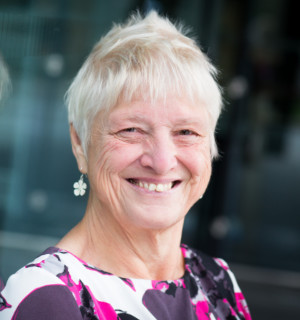June and July have been busy months with lots of work with Kay Sambell on authentic assessment during and after the pandemic. We are told our resources have proved useful for people and we are really happy about that.
We staged a PhD ceremony in my garden for a successful PhD student of Kay Sambell’s who won’t get an actual one this pandemic year. Lucas was here so we capitalised on the occasion by presenting him with a cucumber Kay had grown. He rose to the occasion and made a very nice acceptance speech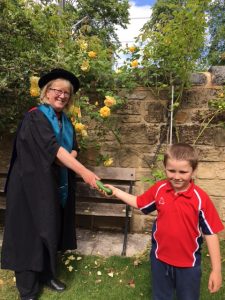 .
.
We were also delighted to be part of the launch of the Advance HE torch relay event that is bringing together creative ideas on assessment from people all around the world. A link towards our little introductory video is here:
| Vlog – Interactive map torch relay
In this vlog, Professor Sally Brown and Professor Kay Sambell launch the interactive map torch relay and discuss why it is so important to promote authentic learning in different environments such as assessments done virtually. |
| Watch the vlog > |
|
|
|
|
It was such fun to create this video on a gloriously sunny day in our garden: I haven’t laughed so much in years.
We are also delighted to be contributing to an event to launch AdvanceHE’s latest publication on assessment edited by Patrick Baughan. Our article is called “Changing assessment for good: building on the emergency switch to promote future-oriented assessment and feedback designs”; Kay Sambell and Sally Brown, In Baughan, P (ed) Assessment and Feedback in a post-pandemic era: a time for learning and inclusion. York Advance HE.
Most recently in the last fortnight I’ve been working with the Physiological Society on a series of workshops and linked one-to-one sessions on providing evidence for promotions on the grounds of learning and teaching. It’s been fascinating to talk to so many physiologists who are doing such interesting work, including on dry labs and assessment.
After this week things are looking much quieter: it will be lovely to have a few peaceful weeks over the summer and a chance to spend time with the grandchildren, with a little writing with Kay of course on some resources for Heriot Watt university.
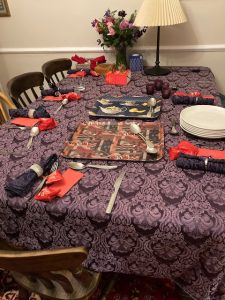 Today is Chinese New Year and it’s also my 72nd birthday, which I am thoroughly enjoying. It’s a time for reflection and looking forwards and backwards over a blessed life.
Today is Chinese New Year and it’s also my 72nd birthday, which I am thoroughly enjoying. It’s a time for reflection and looking forwards and backwards over a blessed life.
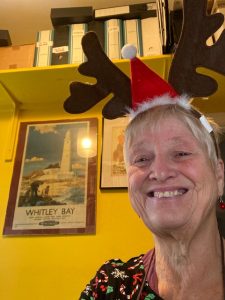 It’s been another tough year in the world of teaching and learning in higher education, so to cheer myself and others up, in the spirit of appreciative enquiry, I have compiled this collection of some of the positive benefits of teaching and assessment in higher education that have accrued as we’ve had to pivot fast into new ways of working.
It’s been another tough year in the world of teaching and learning in higher education, so to cheer myself and others up, in the spirit of appreciative enquiry, I have compiled this collection of some of the positive benefits of teaching and assessment in higher education that have accrued as we’ve had to pivot fast into new ways of working.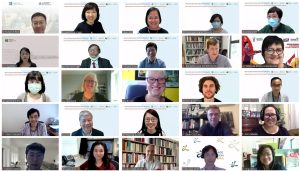 It continues to be a lovely Autumn in North Tyneside, which cheers me up as it defers the worst of the winter weather! And it also cheers me up that we can here present a fourth compendium of great authentic assessment ideas in a special Hong Kong Edition from colleagues at the Education University of Hong Kong and Hong Kong Baptist University at HKSAR, with whom Kay Sambell and I have been working this year (see the picture of a screenshot from our latest webinar with them in August). The diverse disciplines represented here include Language Studies, English, Education, Multiculturalism, Finance, Chinese Medicine, Multimedia Journalism, Music, Forensic analytical chemistry, Medical Ethics and Visual Arts practice. It’s exciting to see how our ideas are translated into practice and used globally: we are really grateful to Professor Siu Cheung Kong of the Education University of Hong Kong and Dr Theresa FN Kwong of the Hong Kong Baptist University for helping us create this original and very useful set of resources.
It continues to be a lovely Autumn in North Tyneside, which cheers me up as it defers the worst of the winter weather! And it also cheers me up that we can here present a fourth compendium of great authentic assessment ideas in a special Hong Kong Edition from colleagues at the Education University of Hong Kong and Hong Kong Baptist University at HKSAR, with whom Kay Sambell and I have been working this year (see the picture of a screenshot from our latest webinar with them in August). The diverse disciplines represented here include Language Studies, English, Education, Multiculturalism, Finance, Chinese Medicine, Multimedia Journalism, Music, Forensic analytical chemistry, Medical Ethics and Visual Arts practice. It’s exciting to see how our ideas are translated into practice and used globally: we are really grateful to Professor Siu Cheung Kong of the Education University of Hong Kong and Dr Theresa FN Kwong of the Hong Kong Baptist University for helping us create this original and very useful set of resources. 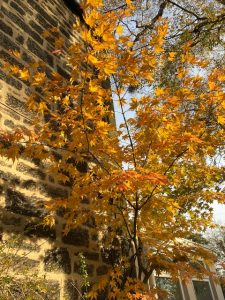
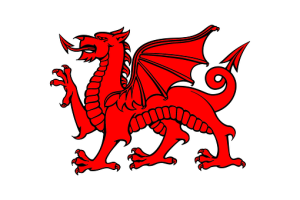
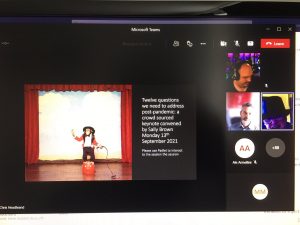
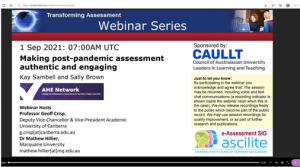
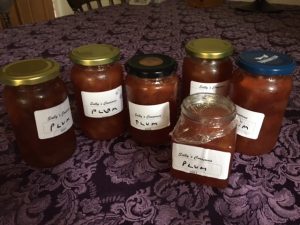
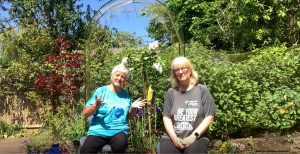
 .
.